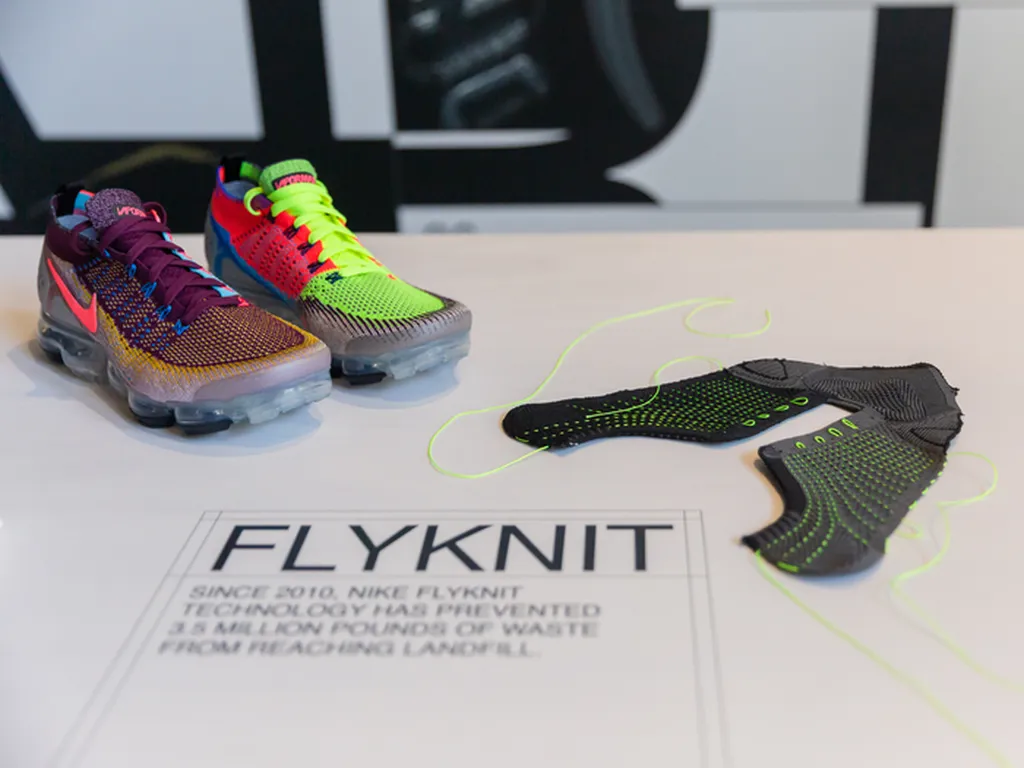In the ever-evolving landscape of the western apparel industry, a new study is shedding light on the untapped potential of recycled textiles and apparel. Published in the Journal of Engineered Fibers and Fabrics (translated as the Journal of Engineered Fibers and Textiles), the research, led by Arnob Dhar Pranta of the ZR Research Institute for Advanced Materials in Sherpur, Bangladesh, explores the strategies, challenges, and market opportunities that come with sustainable merchandising in this burgeoning sector.
The study underscores a significant shift in consumer behavior, with an increasing demand for eco-friendly and ethically produced clothing. “The western apparel industry is increasingly prioritizing sustainability,” Pranta notes, “creating a ripe opportunity for recycled textiles clothing to make a significant impact.” This trend is not just about meeting consumer expectations; it’s also about driving economic growth through sustainable practices.
The research delves into various merchandising approaches that can help manufacturers capitalize on this trend. By highlighting the eco-friendliness and ethical production of recycled textiles, companies can attract a growing segment of environmentally conscious consumers. The study also emphasizes the importance of understanding consumer behavior and leveraging innovative retail and marketing strategies to successfully enter and thrive in this market.
One of the key challenges highlighted in the study is the need for effective communication of the benefits of recycled textiles. Consumers need to be educated about the positive environmental impact of choosing recycled clothing. “Manufacturers must invest in transparent and informative marketing campaigns to bridge this knowledge gap,” Pranta suggests.
The study also points out the economic benefits of sustainable merchandising. By adopting eco-friendly practices, companies can reduce their environmental footprint while also enhancing their brand image and attracting a loyal customer base. This can lead to increased market share and long-term economic growth.
Looking ahead, the research provides insights into the future prospects of sustainable merchandising in the western apparel industry. As consumer demand for ethical and environmentally conscious products continues to grow, companies that embrace sustainable practices will be well-positioned to capitalize on this trend.
The study’s findings have significant implications for the apparel industry and beyond. By promoting sustainable fashion, companies can contribute to a healthier planet while also driving economic growth. The research serves as a call to action for manufacturers to adopt sustainable merchandising strategies and seize the opportunities that come with this growing market.
In conclusion, the study by Arnob Dhar Pranta and his team offers a comprehensive overview of the strategies, challenges, and market opportunities associated with sustainable merchandising in the western apparel industry. As the demand for eco-friendly and ethically produced clothing continues to rise, companies that embrace sustainable practices will be well-positioned to thrive in this evolving market. The research published in the Journal of Engineered Fibers and Textiles serves as a valuable resource for manufacturers looking to capitalize on the growing trend of sustainable fashion.

